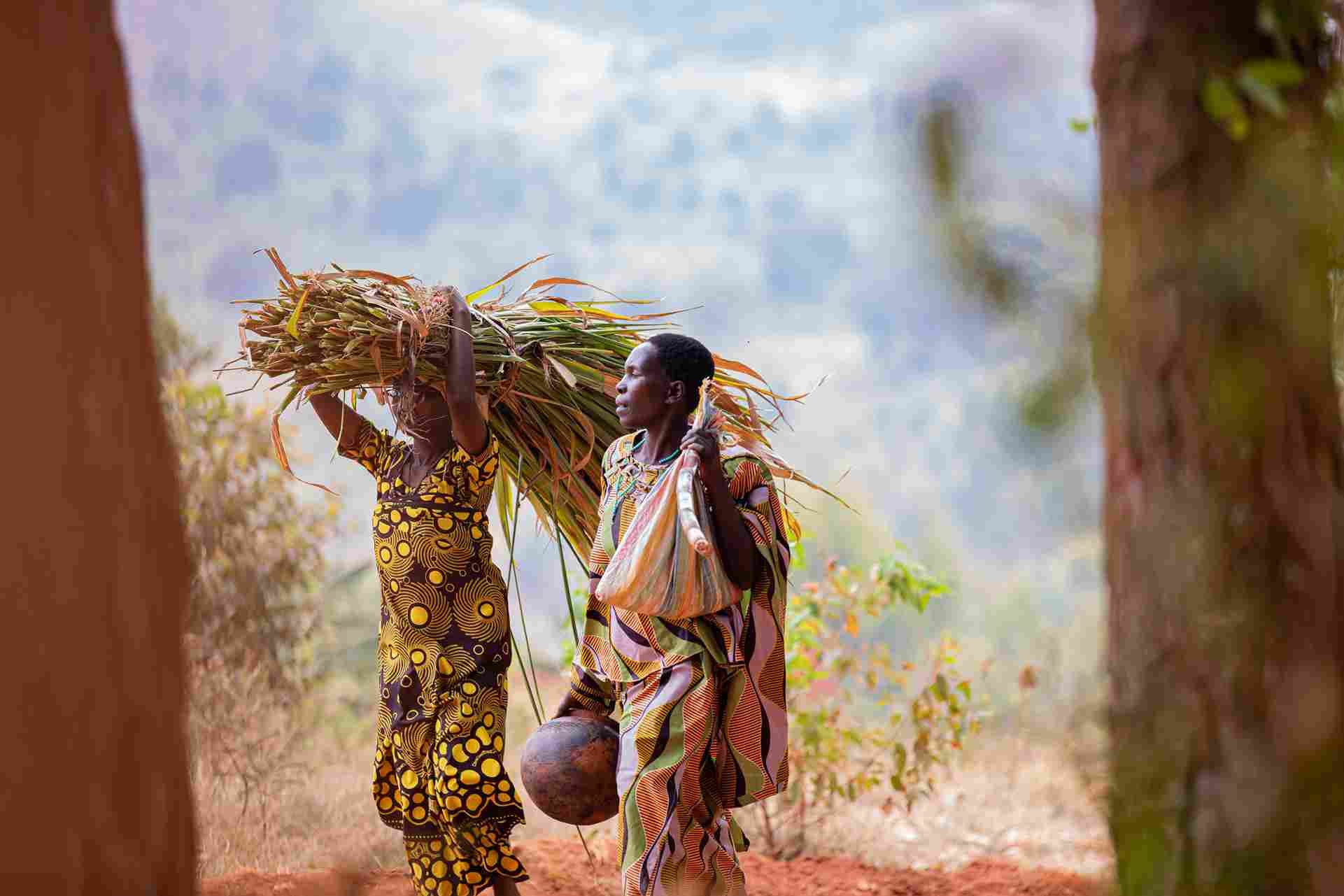We're loading the full news article for you. This includes the article content, images, author information, and related articles.
A landmark report by the Kenya National Bureau of Statistics reveals women's unpaid care and domestic work is worth 23.1% of GDP, prompting policy action to formalize a sector critical to national economic health.

Kenyan women's unpaid labour in homes and communities constitutes a hidden economy valued at KSh 2.54 trillion annually, equivalent to 23.1% of the nation's Gross Domestic Product (GDP), according to a groundbreaking report from the Kenya National Bureau of Statistics (KNBS). The inaugural "Economic Value of Unpaid Domestic and Care Work in Kenya" report, released in early November 2025, quantifies for the first time the colossal economic contribution of activities like childcare, cooking, cleaning, and caring for the elderly, which are disproportionately performed by women and have long been excluded from national economic accounts.
The analysis, based on the 2021 Kenya Time Use Survey, exposes a stark gender disparity. Women perform 25.8 billion hours of unpaid domestic and care work annually, compared to just 4.8 billion hours by men. This translates to women spending an average of four and a half hours daily on these tasks, five times more than the 54 minutes contributed by men. If this labour were remunerated, the average woman aged 15 and above would have earned KSh 118,845 in 2021, while a man in the same age group would have earned KSh 22,676. This disparity, often termed "time poverty," significantly restricts women's opportunities for formal employment, education, and civic engagement, reinforcing gender inequality and hindering broader economic progress.
The exclusion of this work from economic calculations has tangible consequences. Economists argue that failing to recognize this KSh 2.5 trillion sector leads to an undervaluation of the national economy and flawed policy-making. The International Labour Organization (ILO) estimates that if unpaid care work were monetized globally, it could account for up to 9% of global GDP. In Kenya, the figure is substantially higher, highlighting a critical dependency on this invisible subsidy. Business Daily reported in February 2025 that Kenya loses an estimated 6.8% of its potential GDP annually because this care work is not formally recognized or integrated.
In response, the Kenyan government is on the verge of a major policy shift. A National Care Policy, developed by the State Department of Gender and Affirmative Action with support from partners like UN Women, is awaiting Cabinet approval as of late October 2025. This policy is one of the first of its kind in Africa and is structured around the ILO's "5 Rs" framework: Recognize, Reduce, Redistribute, Reward, and Represent.
The policy aims to make care work visible in national and county development plans, establish public care services for children and the elderly, promote care-friendly workplace policies, and invest in infrastructure like water and electricity to ease the domestic burden. "Policy actions include integrating unpaid care work in the national accounts to accurately reflect its economic value," the policy document states.
The formal recognition of the care economy holds immense potential for Kenya. Proponents argue it could unlock significant economic growth, create jobs, and advance gender equality. The ILO projects that implementing care-friendly reforms could increase women's employment in Kenya by as much as 60%. This is particularly crucial as female labor force participation, while higher than the world average, has been declining, standing at 62.2% in 2024. Furthermore, a high percentage of women (73.6% in 2023) are in vulnerable employment with little social protection.
The policy also seeks to challenge deep-seated social norms that designate caregiving as exclusively "women's work." Organizations like Oxfam and ActionAid have long highlighted how this unequal burden hinders women's access to decent work, education, and land ownership, trapping them in cycles of poverty.
Some counties are already taking initiative. As part of the Evidence-to-Policy for the Kenya Care Economy Project, Kitui County has allocated Sh1.1 billion and Laikipia County has committed Sh853 million towards care initiatives. Laikipia reported a subsequent 56% rise in women's economic participation, demonstrating the potential impact of such investments. As Kenya moves to implement this national framework, it sets a precedent for the East Africa region, offering a model for how to value the invisible work that underpins all other economic activity and build a more inclusive and equitable economy.
Keep the conversation in one place—threads here stay linked to the story and in the forums.
Sign in to start a discussion
Start a conversation about this story and keep it linked here.
Other hot threads
E-sports and Gaming Community in Kenya
Active 9 months ago
The Role of Technology in Modern Agriculture (AgriTech)
Active 9 months ago
Popular Recreational Activities Across Counties
Active 9 months ago
Investing in Youth Sports Development Programs
Active 9 months ago